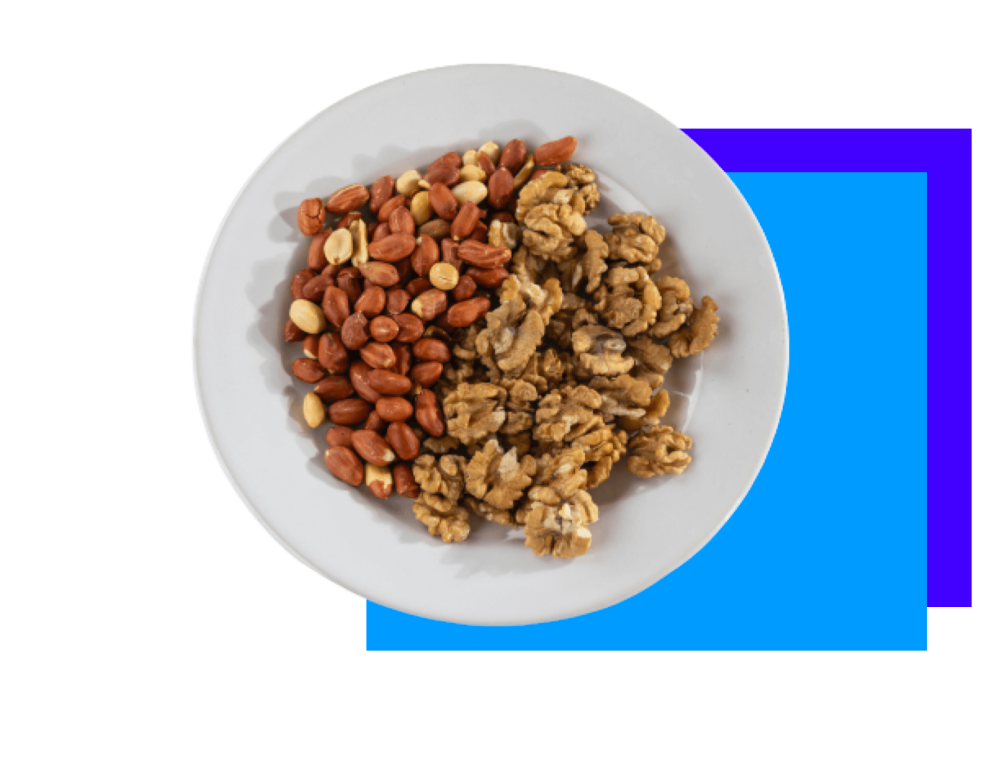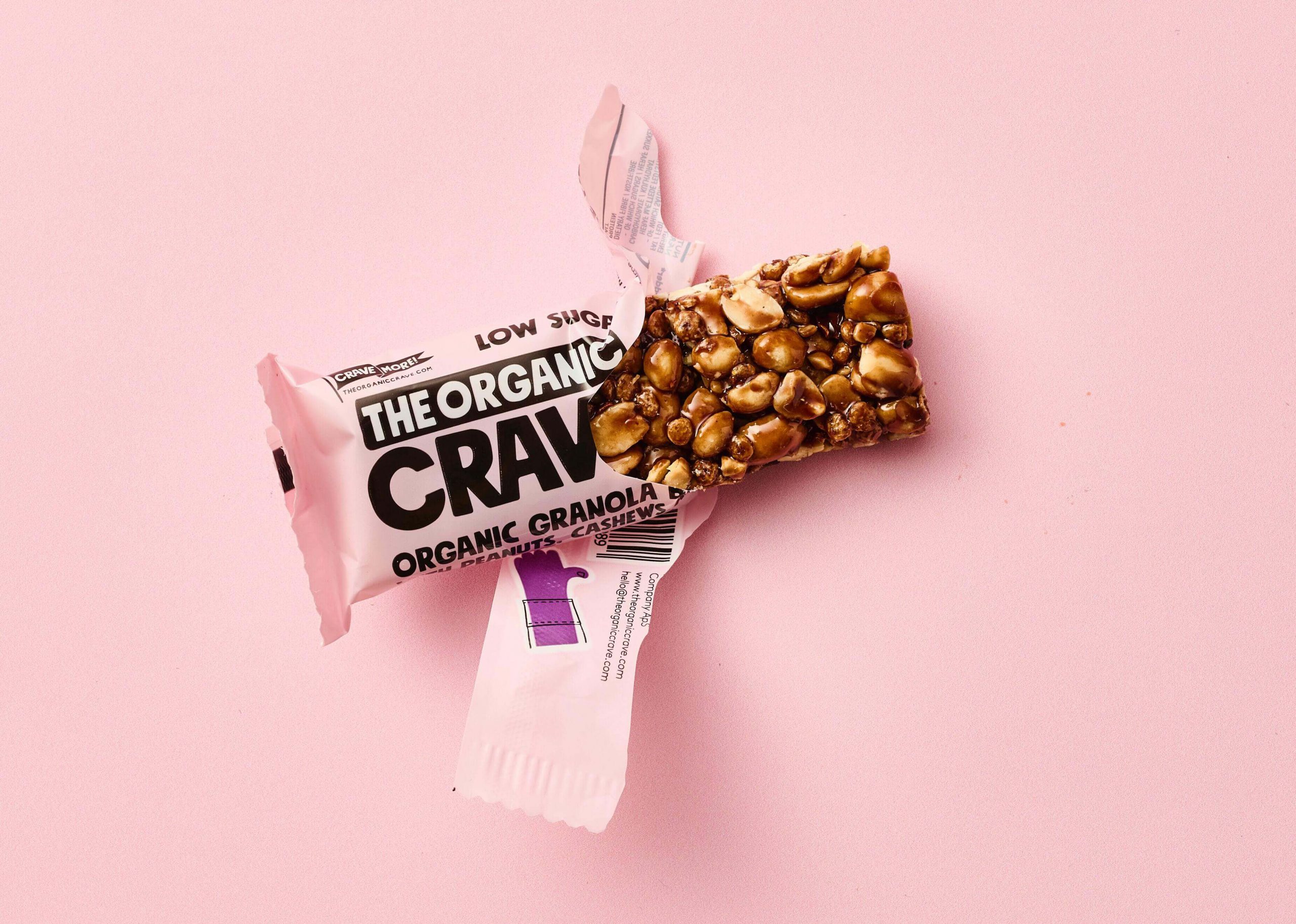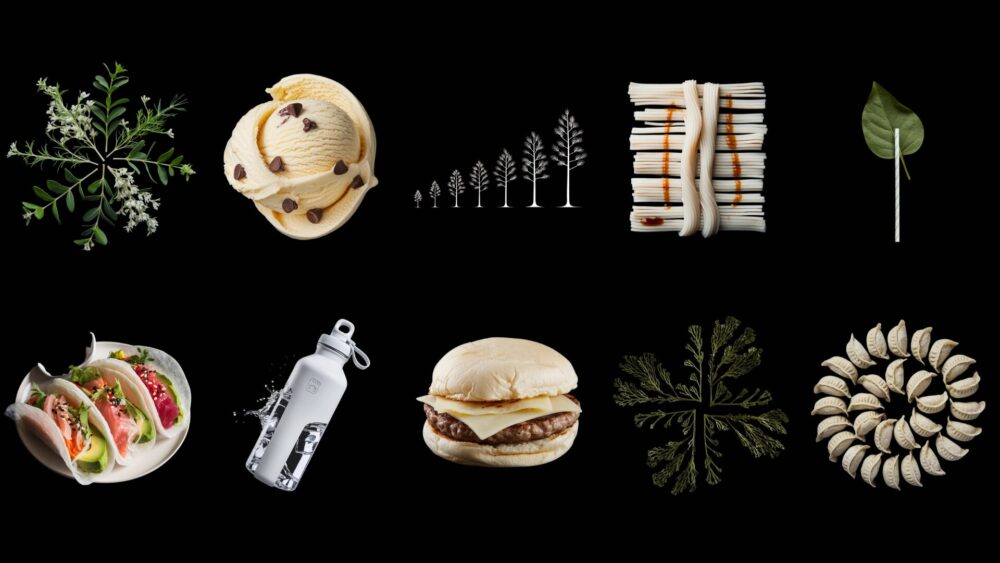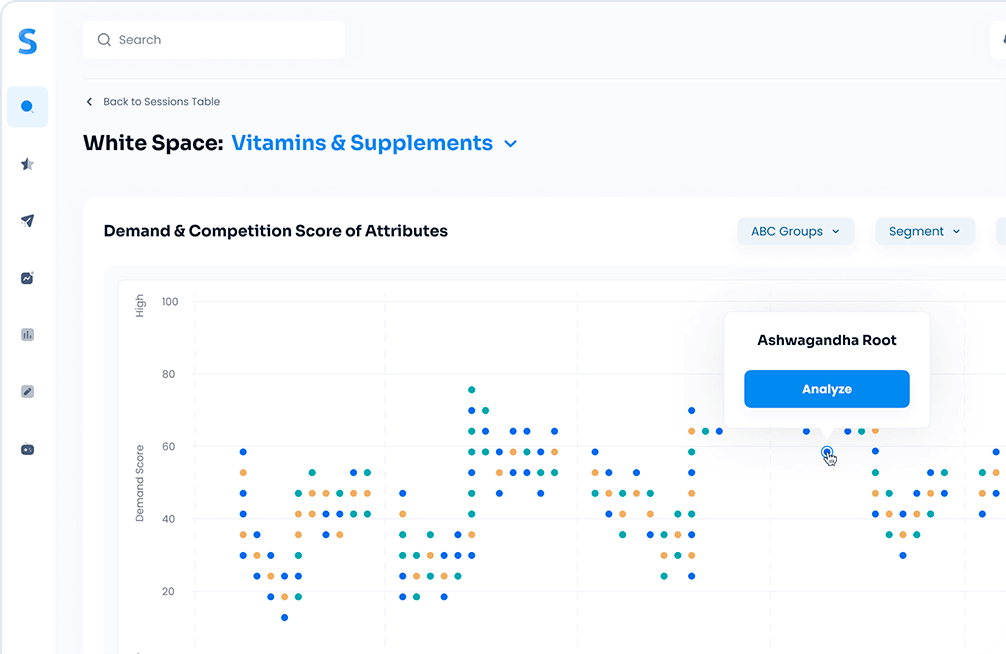The plant-based food market is growing so fast that per capita meat consumption is projected to fall in 2020 for the first time since 2014. The plant-based trend not only includes vegans and vegetarians, but also “flexitarians” who are looking to adopt more plant-centric meals but are not willing to cut out meat or animal products entirely.
Why’s It Gotta Be Plant?
Consumer demographics in vegans, vegetarians, and flexitarians all share some commonalities.
These tend to be:
Higher-income; People who are willing to pay a higher rate for sustainable and clean labeled products.
Younger consumers who may or may not have young children in their families. The younger generation has a higher consciousness when it comes to veering away from traditional, industrial farming methods when it comes to both animal care, use of antibiotics, and use of pesticides.
As the demographic skews younger, there is a higher preference for online grocery shopping and ordering from restaurants, and also means they’re accustomed to technology like apps or websites that make it easy to order groceries or takeout food without having the hassle of leaving home.

Cereals Are Leading The Pack
Brands looking to enter into this rapidly growing sector of the market should look at cereals, meat alternatives, and chips as Simporter’s data shows that these categories are by far outperforming other areas in the plant-based protein snacks sector.
Data analyzed from over 1.7 million mentions online has shown that cereals see the highest opportunity for growth with mentions of 1.06% and a mentions growth rate of an impressive 174% year on year.
Brands, such as Magic Spoon, are making good use of leveraging this growth and serving the needs of a few customer pain points. These include vegan/vegetarian, a convenient meal that can feed the whole family together, and adding in clearly labeled and marketed allergen-free ingredients such as gluten-free, keto-friendly and low sugar. These claims make this a clever and easy buy for a varied number of consumers within these demographics.
Plant-Based Meat Alternatives are a High Opportunity Area
An unsurprising second comes in the form of meat alternatives with a mentions growth rate of 109% year on year. The meat alternative market has a demographic skewed towards males looking for high-protein ingredients.
Snacks, such as mushroom jerky, served in the form of a grab-and-go meat-stick format have seen a rise in popularity with consumers serving the needs of convenience and meat-free protein.
High Protein Chips Could Become a Big Deal
Another growing category that has had steady growth throughout the years is high protein chips made from ingredients such as lentils. These chips branded as healthy and convenient serve the needs of the whole family and, as they can be fed as a guilt-free snack from consumers ranging from adults to toddlers, if they also fall in the gluten-free and keto-friendly range, they make an easy leap from the grocery aisle to the grocery cupboard at home. To dive into the next layer or learn more about plant-based protein snacks, please request a demo here and we will get back to you. If you want to view our May 2021 webinar’s discussion on plant-based protein snacks, you can view the video here.









